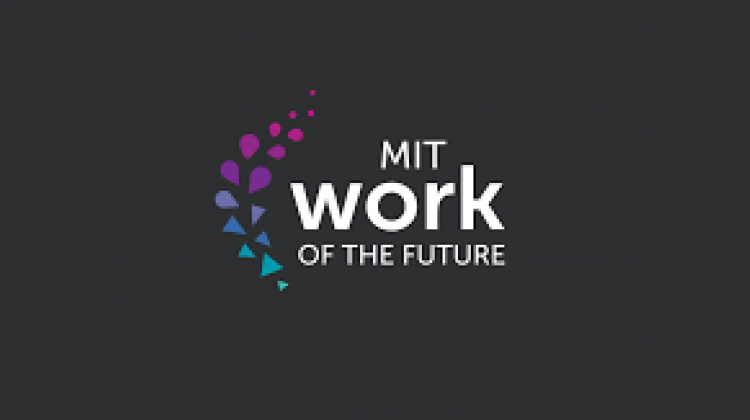The world now stands on the cusp of a technological revolution in artificial intelligence and robotics that may prove as transformative for economic growth and human potential as were electrification, mass production, and electronic telecommunications in their eras. New and emerging technologies will raise aggregate economic output and boost the wealth of nations. Will these developments enable people to attain higher living standards, better working conditions, greater economic security, and improved health and longevity? The answers to these questions are not predetermined. They depend upon the institutions, investments, and policies that we deploy to harness the opportunities and confront the challenges posed by this new era.
How can we move beyond unhelpful prognostications about the supposed end of work and toward insights that will enable policymakers, businesses, and people to better navigate the disruptions that are coming and underway? What lessons should we take from previous epochs of rapid technological change? How is it different this time? And how can we strengthen institutions, make investments, and forge policies to ensure that the labor market of the 21st century enables workers to contribute and succeed?
To help answer these questions, and to provide a framework for the Task Force’s efforts over the next year, this report examines several aspects of the interaction between work and technology.
Full Report



